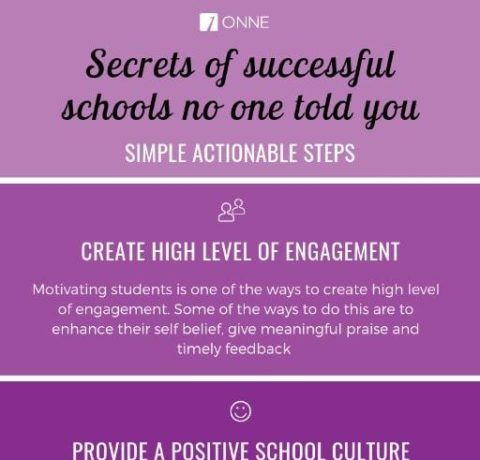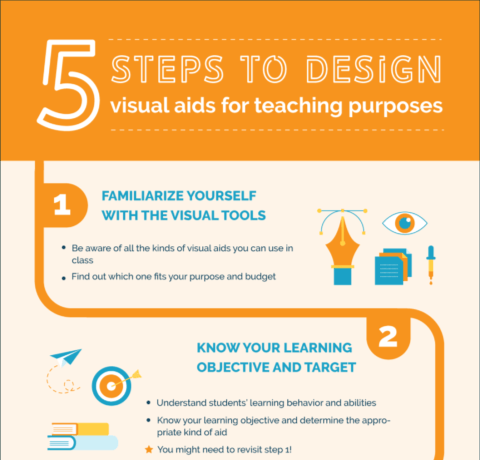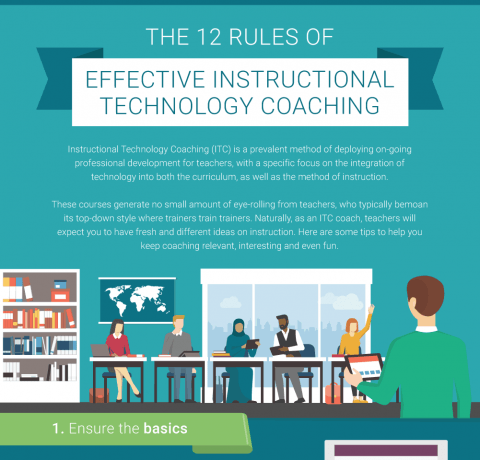Students shouldn’t only be listeners. They should also interact with learning content. Quiz is one of the possible interactions that gives great results for long-term knowledge. There are four basic types of questions: multiple choice, single choice, true/false and fill in the blanks. As I’ll explain, these types serve slightly different purposes, but the main purpose of all quizzes is assessment. You can and should mix it up with different types of questions – as it engages the students mind in multiple ways. There are however some basic principles to follow.
Fundamental rules for preparing quizzes are:
- Quizzes shouldn’t be too long; it is advisable to prepare no more than 10 questions per lesson.
- Questions and answers must be meaningful and relevant.
- Optional answers shouldn’t differ only in one word or be just turned around. This could frustrate the student.
- Use quizzes when necessary and not because it is nice to have one.
This is an infographic we created based on our blog post How to create efficient quizzes?







You can adjust your cookie preferences here.